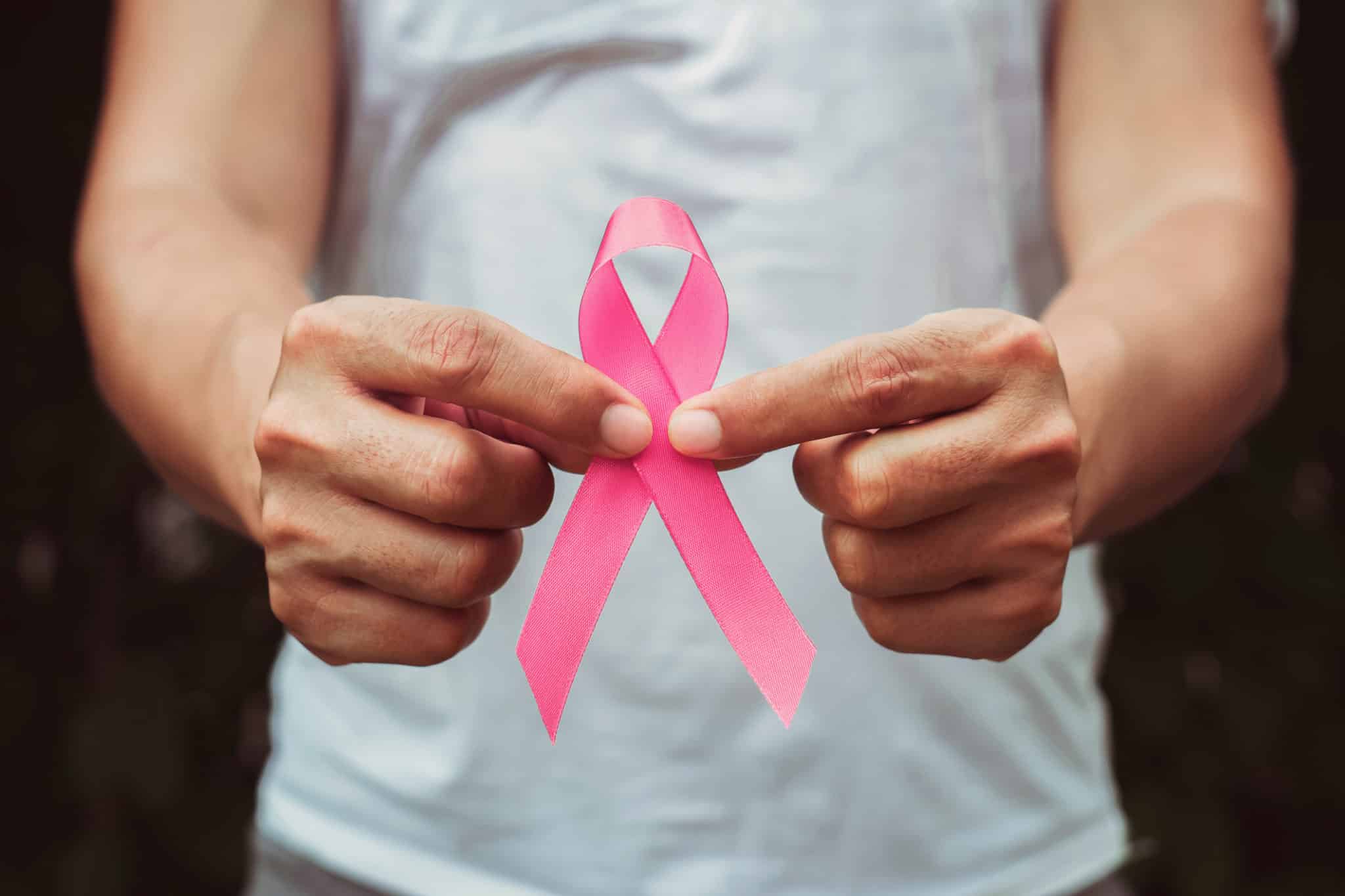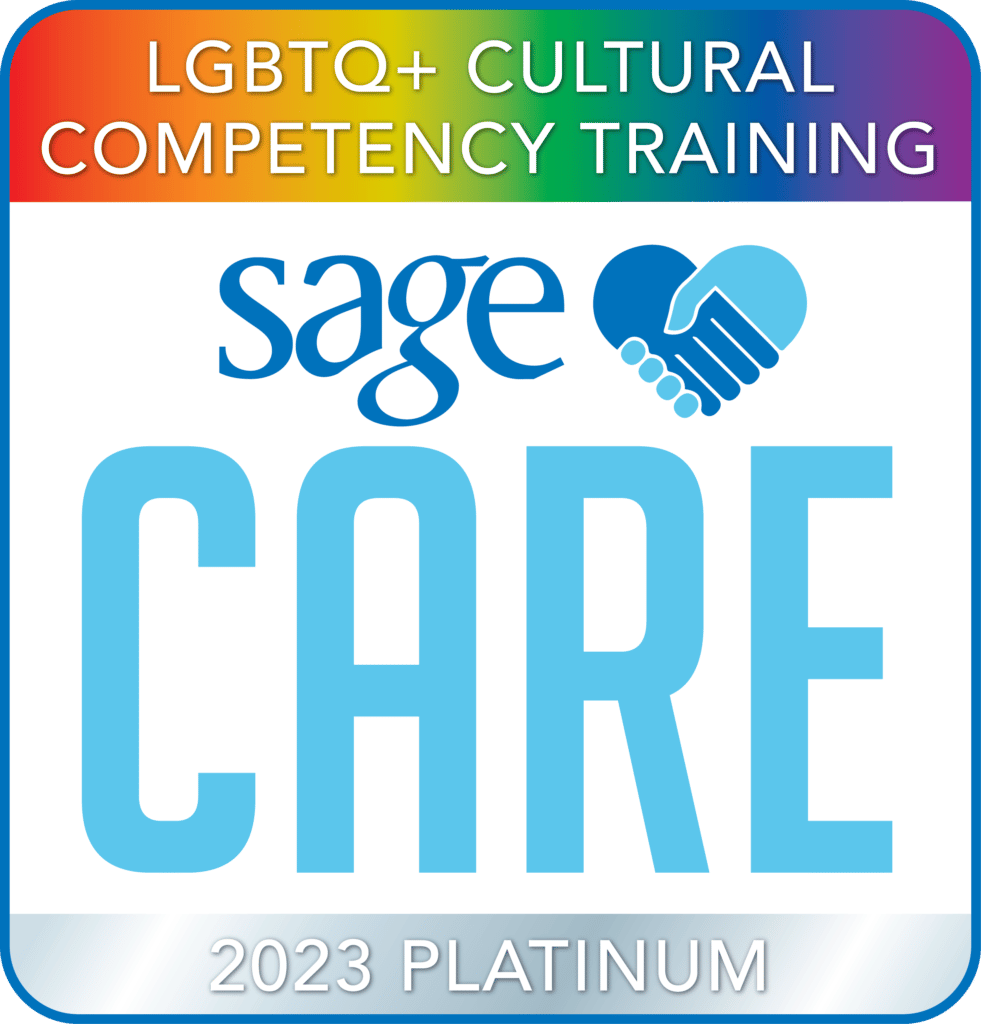Breast Cancer and Older Adults

October is one of the most important months on our awareness calendar – Breast Cancer Awareness Month! After all, all American women have a 12% chance of being diagnosed with this disease, which tragically accounts for over 42,000 deaths each year.
Raising awareness about this disease and screening can help change this. Let’s take a look at how this type of cancer affects senior women, recent breast cancer research and how modern treatment is advancing to help fight this disease.
Does Breast Cancer Affect Senior Women?
Breast cancer can affect women of any age, but your risks get higher as you age. In fact, women who are 60 have a 9% chance of getting breast cancer in the next 20 years of life. Women who enter menopause later, around 55 years old, have a slightly higher risk too. Today, about half of all new diagnoses of breast cancer are women over 60, with another 20% coming from women over 70 years old.
It’s not all doom and gloom, however – in a really interesting study by Harvard Medical School, researchers found that your risks of getting breast cancer start to decrease once you get 80 candles on your birthday cake! That is a good reason to celebrate turning 80.
Early Screening and Diagnosis is Critical
While not particularly enjoyable, mammograms and screening procedures are critical to catching cancer at its most treatable stages when survival rates are highest. For senior women, keeping up with these screening procedures is so important. The Centers for Disease Control recommend annual screening for all women age 50-74 at least every two years. Screening can include:
- Mammogram – This is an x-ray of the breast and is the most effective way of detecting early signs of breast cancer.
- Breast MRI – This process uses powerful magnets and radio waves to produce an image of the breast, usually recommended if you have a high-risk of getting cancer.
- Clinical breast exam – Here, the breast is physically examined by a doctor or nurse who use their hands to feel for lumps in the tissue. You can also perform a similar exam at home. After all, you’re most familiar with your own body, so a regular home exam will ensure you spot changes such as lumps, pain or swelling first.
Sadly, women over 65 have lower survival rates than younger women and also have increased risks of recurrence. As a result, it’s important to grit your teeth and get that screening procedure done, even if you’re feeling fine.
Treatment Changes with Age
Depending on the type of breast cancer and stage of the disease, younger women may require a combination of surgery, chemotherapy and radiation, but treatment can change with age and depends on other factors like general health.
For example, research has found that women over 70 with small, estrogen-sensitive tumors can usually have them surgically removed with no need for radiation or even chemotherapy. This is important because these treatments can take a significant toll on your body.
Whatever Your Age, Take Care of Your Breasts
Any woman, especially seniors and those with a family history of breast cancer, should practice good breast health, check for lumps and speak to their doctors about any concern. Make October your mammogram month!
Bristol Glen is a CCRC in Sussex County, New Jersey, with beautiful grounds, apartments and plenty of amenities that support independent living for seniors. Chat with our team today if you or your loved one are looking for assisted living in Sussex County, New Jersey, with a difference!




